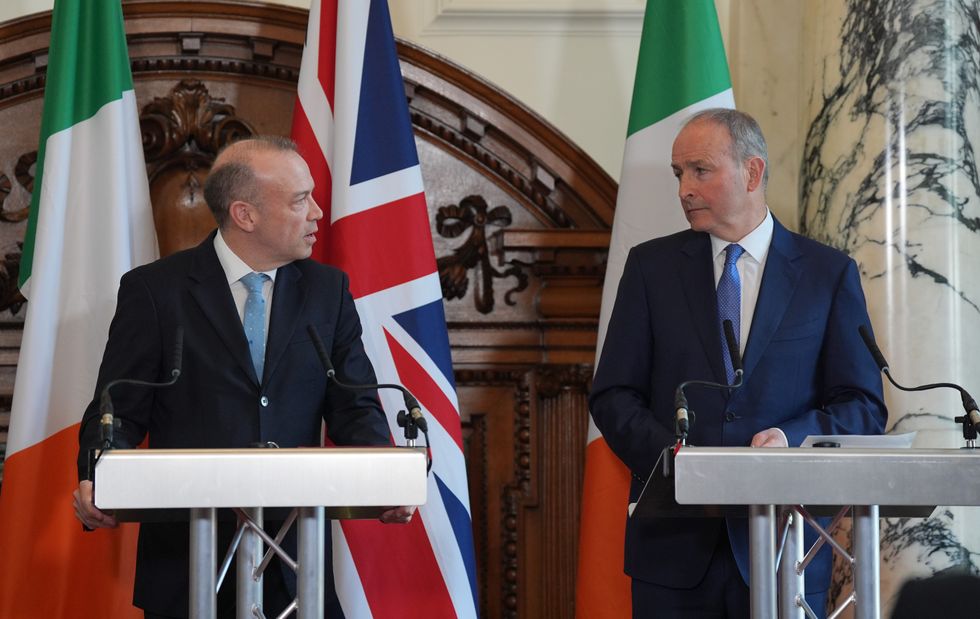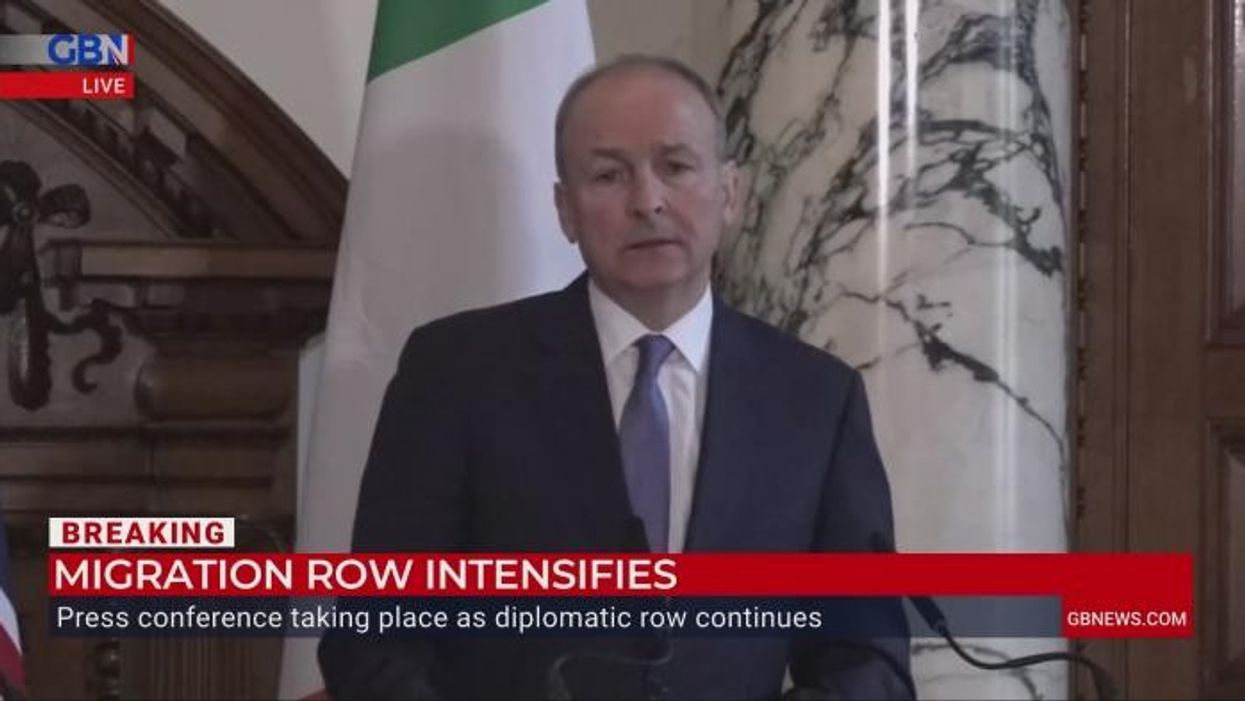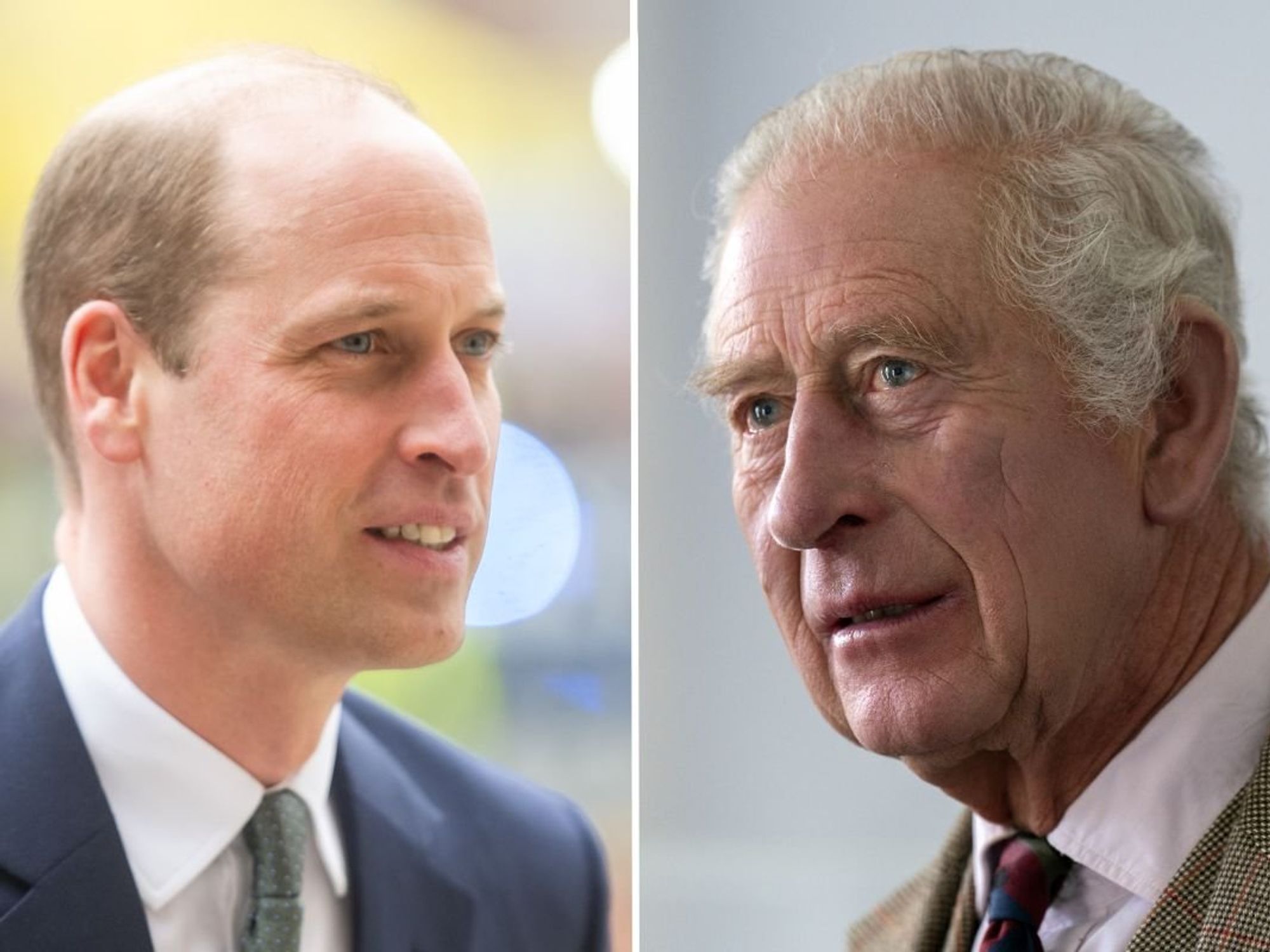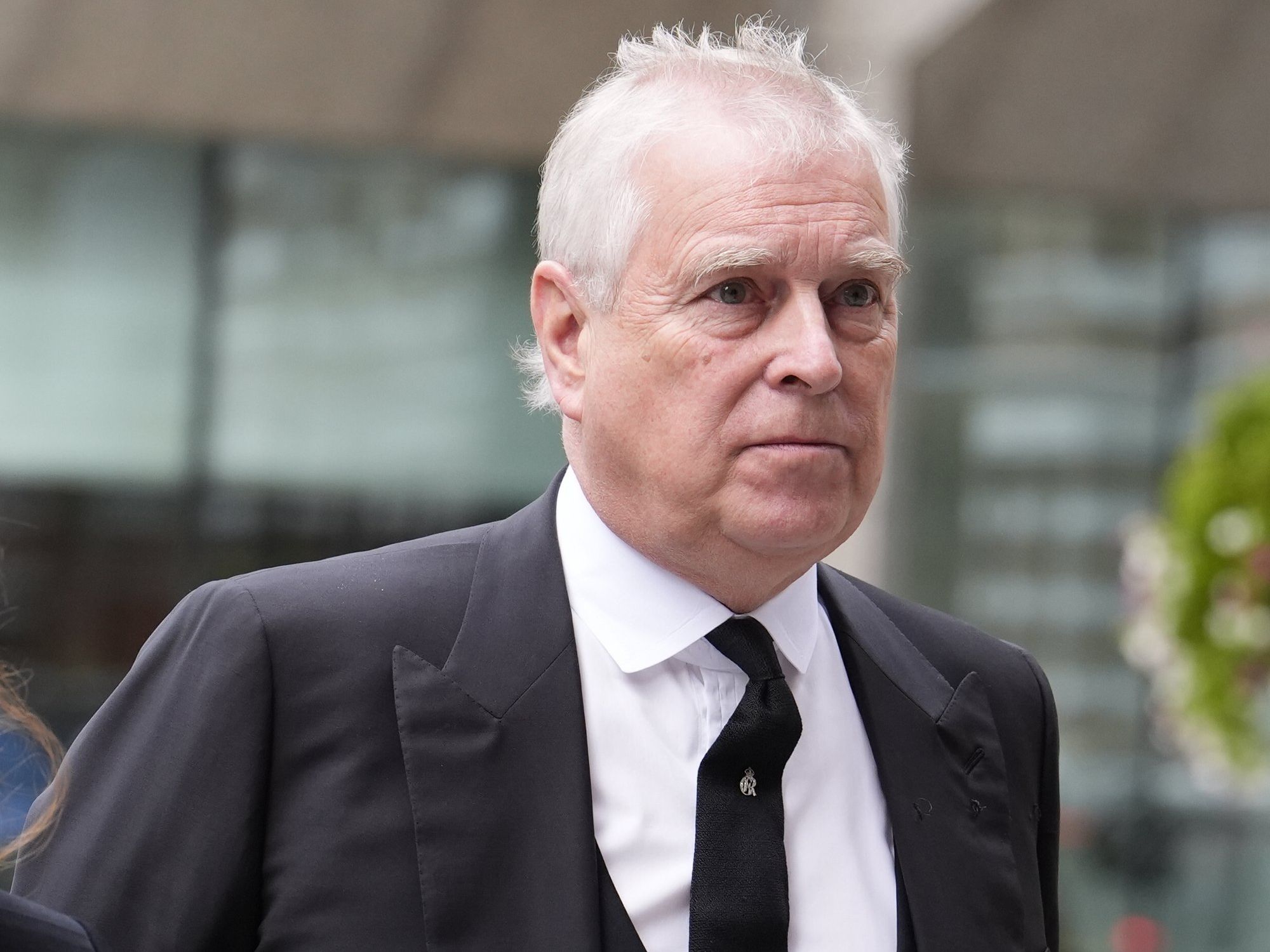The EU has just been hoist with its own petard - analysis by Millie Cooke

And the latest diplomatic row with Ireland has laid bare an uncomfortable double standard
Don't Miss
Most Read
Latest
Just a matter of days after the UK's Rwanda plan received royal assent, the Government already found itself in a diplomatic row with Ireland.
As a result of the new legislation, increasing numbers of asylum seekers from the UK are said to be crossing the border into Ireland to avoid the risk of being put on a plane to Rwanda.
In response, Ireland begun drafting its own legislation - threatening to use it to return asylum seekers who crossed the border from Northern Ireland back to Britain.
The country's Justice Minister, Helen McEntee - who had raised concerns over a surge in asylum seekers across the Northern Irish border - warned: "That's why I'll have emergency legislation at cabinet this week to make sure that we can effectively return people to the UK, and that's why I'll be meeting the Home Secretary to raise these issues on Monday."

Just a matter of days after the UK's Rwanda plan received royal assent, the Government already found itself in a diplomatic row with Ireland
|PA
The double standards here were not lost on UK lawmakers, with the PM's official spokesperson saying the UK won't accept returns from Ireland, "just as the EU doesn't accept asylum returns from the UK to France."
The spox said: "Even if Ireland was to pass legislation, it is up to the UK Government to decide who we do and don’t accept into the country and, clearly, we aren’t going to start accepting returns from the EU just as the EU doesn’t accept asylum returns from the UK to France.”
Ireland's attempt to unilaterally impose a returns agreement goes against everything the EU has said to the UK when it comes to any similar agreement - with the UK being told in no uncertain terms that returns agreements would need to be come to with agreement from both sides.
While Ireland has pushed back at the numbers of asylum seekers crossing the border, Rishi Sunak said the numbers are evidence that the scheme is working.
And clealry he isn't the only one who is aware of that - it emerged today that Ursula von der Leyen’s party has proposed asylum deals with third countries, echoing the shape of the Rwanda deal.
There is some level of hypocrisy present here too.
Figures across the EU have repeatedly turned their noses up at Britain's plan to send migrants to Rwanda.
Just days after the legislation was granted Royal Assent, French President Emmanuel Macron said migration policies that involve sending people to African countries are “a betrayal of our [European] values".
While European Commissioner for Home Affairs Ylva Johansson ruled out any similar policies, saying such a move would not be part of the EU's new migration pact.
She said: "Do we need to work with third countries to manage migration? My answer is definitely yes. We are already doing that and it's necessary to do it even more. Nobody can manage migration alone.
"So we need to work with partner countries and we need to work along the routes and we need to fight the smugglers together."
"Should we send away people that are on the EU territory applying for asylum to a third country? My answer is no. (We're) not open for that in the Pact."
But the European People’s Party (EPP), to which Von der Leyen belongs, this week said it wants to “implement the concept of safe third countries.”
In its manifesto for the European Elections in June, it said: “Anyone applying for asylum in the EU could also be transferred to a safe third country and undergo the asylum process there”.
It adds: "In case of a positive outcome, the safe third country will grant protection to the applicant on-site."
Major differences between this plan and the Rwanda scheme are yet to be made clear.
Clearly, the EU is tying itself in knots over how to tackle migration.
While the UK's approach to tackling migration has been chaotic and so far unsuccessful, the EU's own approach now appears to be coming undone. And the latest diplomatic row which Ireland - along with the bloc's increasingly tough stance on protecting its borders - has laid bare an uncomfortable double standard.











